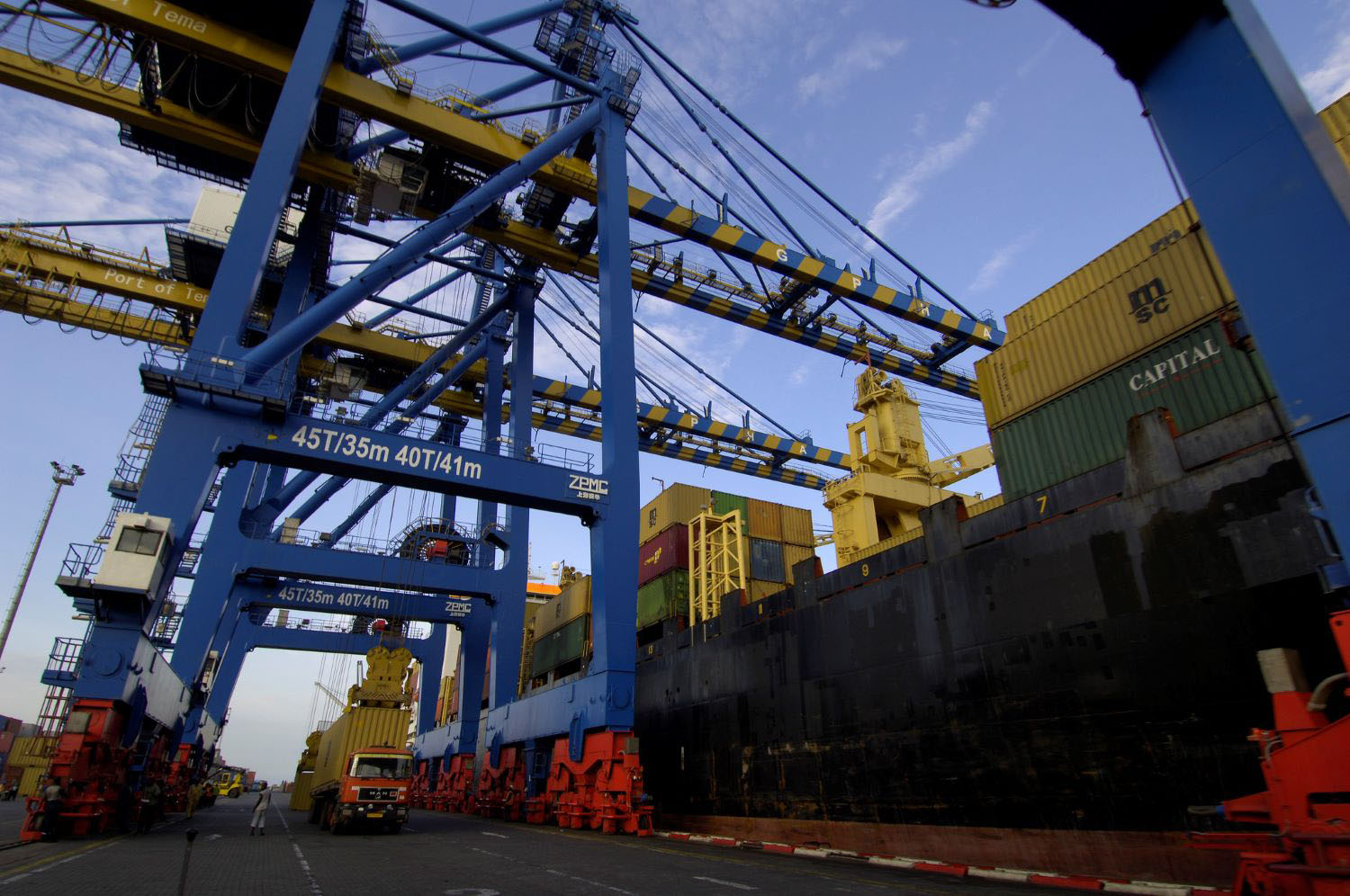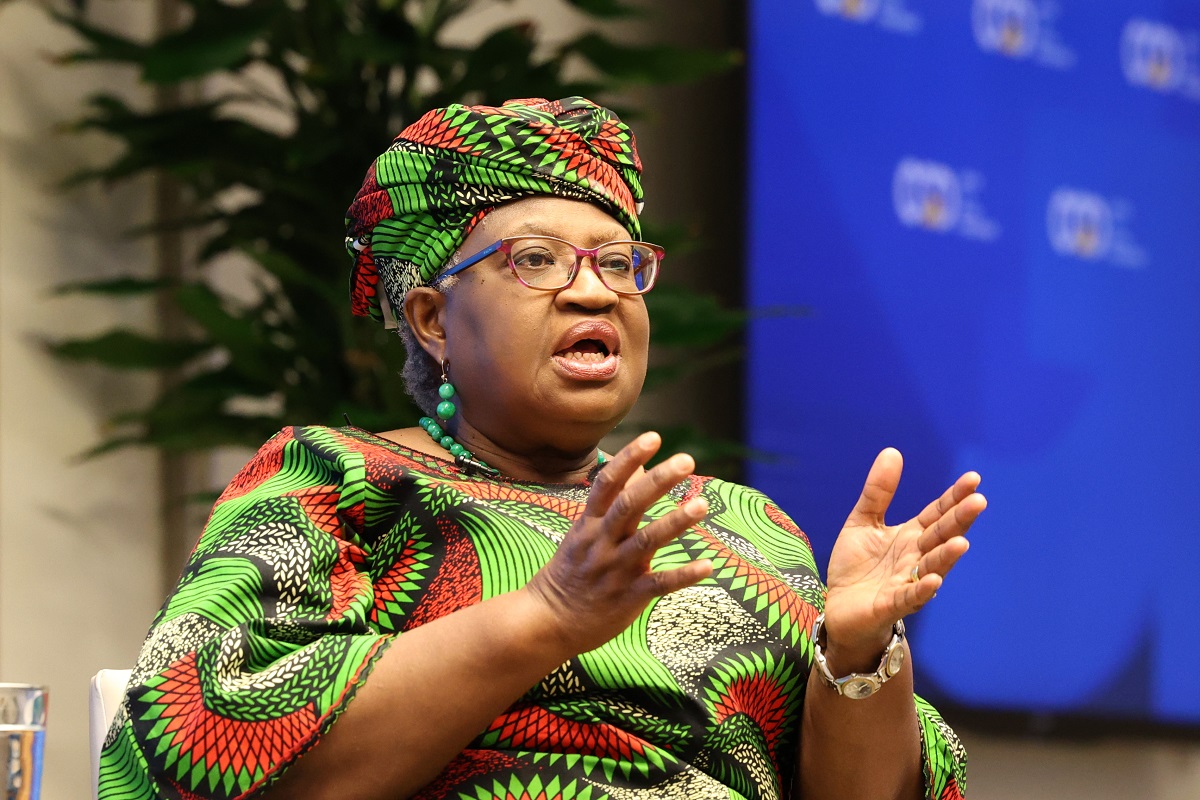A recent Council on Foreign Relations (CFR) report on U.S. trade policy is refreshing. (Full disclosure: I was a member of the thoroughly bipartisan Task Force behind the report—chaired by Andrew Card and Tom Daschle—so you can take my reaction to it with a grain of salt.) What is also refreshing is that there is finally some movement in on trade, with the long-awaited legislation to implement the three bilateral trade agreements, with Colombia, Korea, and Panama, being submitted by the administration to Congress. But the United States cannot rest on its laurels, not only because of the importance of trade for the U.S. economy, but also because of the impact in the rest of the world. It is a custom for CFR reports to invite task force members to dissent or add comments, which are then included in the published report. At the end of this post, I’ve included my “additional” published comment on where U.S. trade policy needs to include development.What is refreshing about the report?First, the task force members endorsed a call for the adoption of a “pro-America” trade agenda – one that brings to more Americans more of the benefits of global engagement. Referring to the ongoing job crisis and the past decade of wage stagnation, members acknowledged that trade policy has to be more explicitly pro-American if it is to be rescued from its recent whimpering obscurity (my wording – and the report came out just before the Administration finally sent the three bilateral deals to Congress for a vote). Again in my own words: Americans will continue to resist more open trade until U.S. trade policy, which has always been pro-business and pro-consumer, is pro-worker too. [Update: on this score, Congressional approval next week of the extended Trade Adjustment Assistance program would be a modest start.]Second, the report is also clear that U.S. trade policy has to be shaped “within the framework of a strengthened, rules-based system.” If you are wondering what that implies about the view of the Doha round, the answer is usefully ambivalent. Most members agreed that an ambitious Doha agreement would be optimal, but doubting it would ever happen, felt it was time for the US and the other members to move on one way or the other. They were probably influenced by the essay of Susan Schwab (here).The recommendations are built on seven pillars. My goal was to ensure that America’s interest in having stable, prosperous partners in the developing world was addressed. That is nicely reflected in this one of the seven pillars: “expanded use of trade to foster development in the world’s poorest countries.” The report includes a clear call for the United States to allow duty-free quota-free access for these countries; Kim Elliott’s report on that issue was influential.In my additional comment I raised two other issues on which the U.S. trade agenda is important for the developing world: Pakistan and tobacco. Showing the breadth of the support for these proposals, Task Force members Jim Owens, CEO of Caterpillar (Bill Lane of Caterpillar was a member of Kim’s working group on trade preferences) and Laura Tyson signed on to my additional comment. Here it is:
“As the [CFR] report notes, trade policy should largely reflect potential economic benefits but can sometimes be crafted to support foreign policy and global development goals as well. The report argues for improved trade relations with Egypt and other countries in the Middle East as one example. A similar case can be made for Pakistan. Pakistan currently faces high tariffs, particularly on its textile and apparel exports; duty free, quota-free access to the U.S. market would contribute to a more secure environment there and help create jobs—both very much in the U.S. interest. A report of the Center for Global Development makes the foreign policy and development case for unilateral extension of that benefit; a related research study indicates that the expected additional imports would have virtually no impact on U.S. production.The [CFR] report also argues well the logic of the United States continuing its long-standing leadership in developing and adhering to fair rules of the game, even when in the short run it is not in the interest of every U.S. firm. For developing countries, there are two issues where the United States might recover some of its leadership if the difficult domestic politics can be managed. One is tobacco: the United States should make it a matter of official U.S. trade policy to refrain from seeking tobacco tariff reductions and exclude tobacco-related investments from future free trade and bilateral investment treaties with developing countries. Another is capital controls: in any future bilateral trade agreements with developing countries, the United States ought to recognize, as has the International Monetary Fund, that complete and immediate opening of capital markets is not necessarily in the interest of all countries all the time.”Nancy Birdsall (joined by James W. Owens and Laura D’Andrea Tyson)-Nancy Birdsall
Disclaimer
CGD blog posts reflect the views of the authors, drawing on prior research and experience in their areas of expertise. CGD is a nonpartisan, independent organization and does not take institutional positions.





